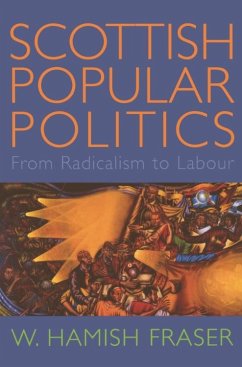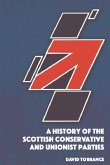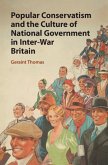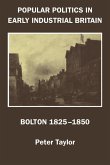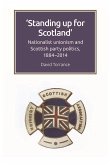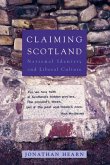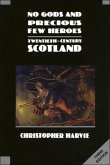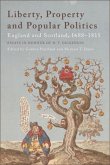One hundred years ago the Labour Representation Committee was formed - this is usually taken as the founding meeting of the Labour Party. However a month before, in January 1900, the Scottish Workers' Parliamentary Election Committee was established to achieve the same things in Scotland - the election of working-class representatives to the House of Commons who would act independently of the existing political parties. This reflected the way many of the moves towards independent Labour were pioneered in Scotland. Many of the key figures in the early Labour Party were Scots - Hardie, MacDonald, Wilkie, Henderson and Curran - and Scots have continued to play a disproportionate role in the shaping of Labour politics. This book traces the Scottish route from radical protest at the end of the eighteenth century to the formation and development of the Labour Party through to 1922 when Labour became the largest party in Scotland. The story ends with coverage of the way in which Labour had consolidated its dominance of Scottish politics to the end of the twentieth century and considers the way in which popular radicalism in recent decades has found new directions.Key Features:*Looks at popular movements for reform rather than at politicians*Shows continuing significance of radical ideals through to formation of Scottish Parliament*Shows importance of radicalism within Labour Party*Wide chronological coverage but based on original research
Dieser Download kann aus rechtlichen Gründen nur mit Rechnungsadresse in A, B, BG, CY, CZ, D, DK, EW, E, FIN, F, GR, HR, H, IRL, I, LT, L, LR, M, NL, PL, P, R, S, SLO, SK ausgeliefert werden.

